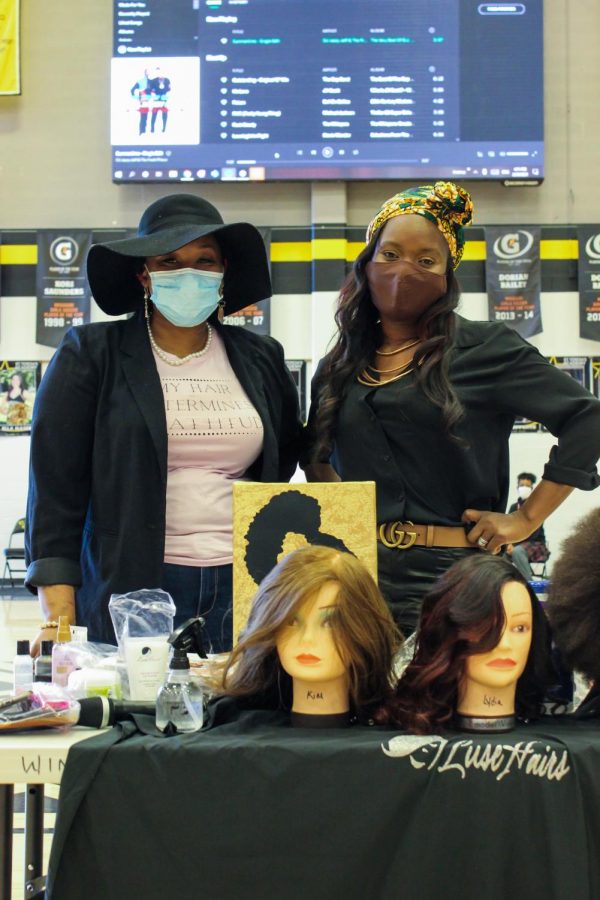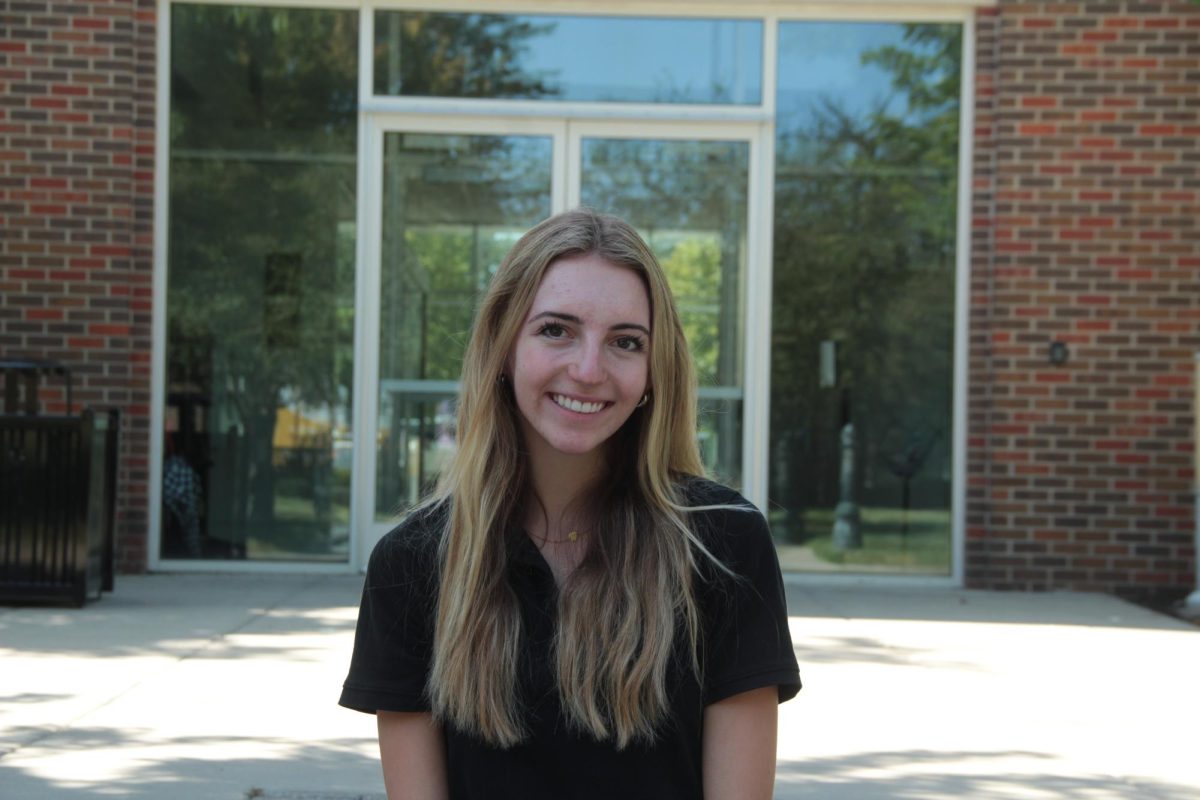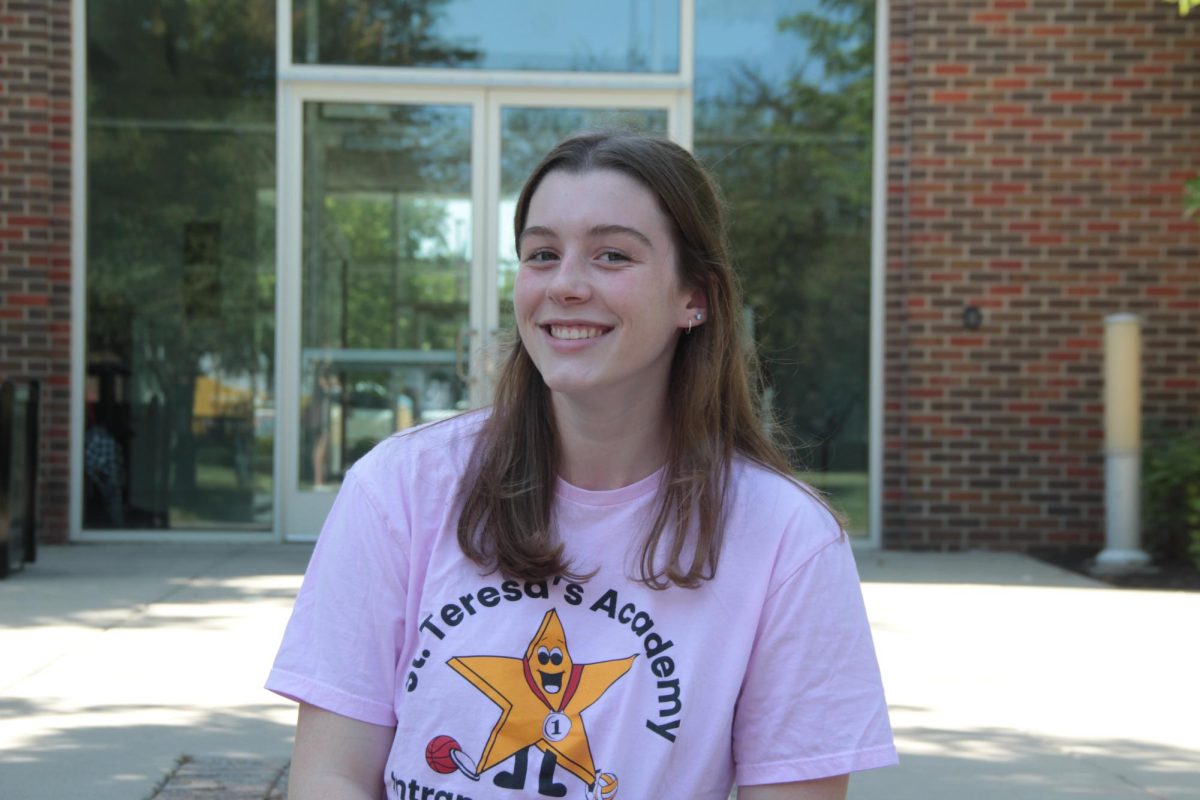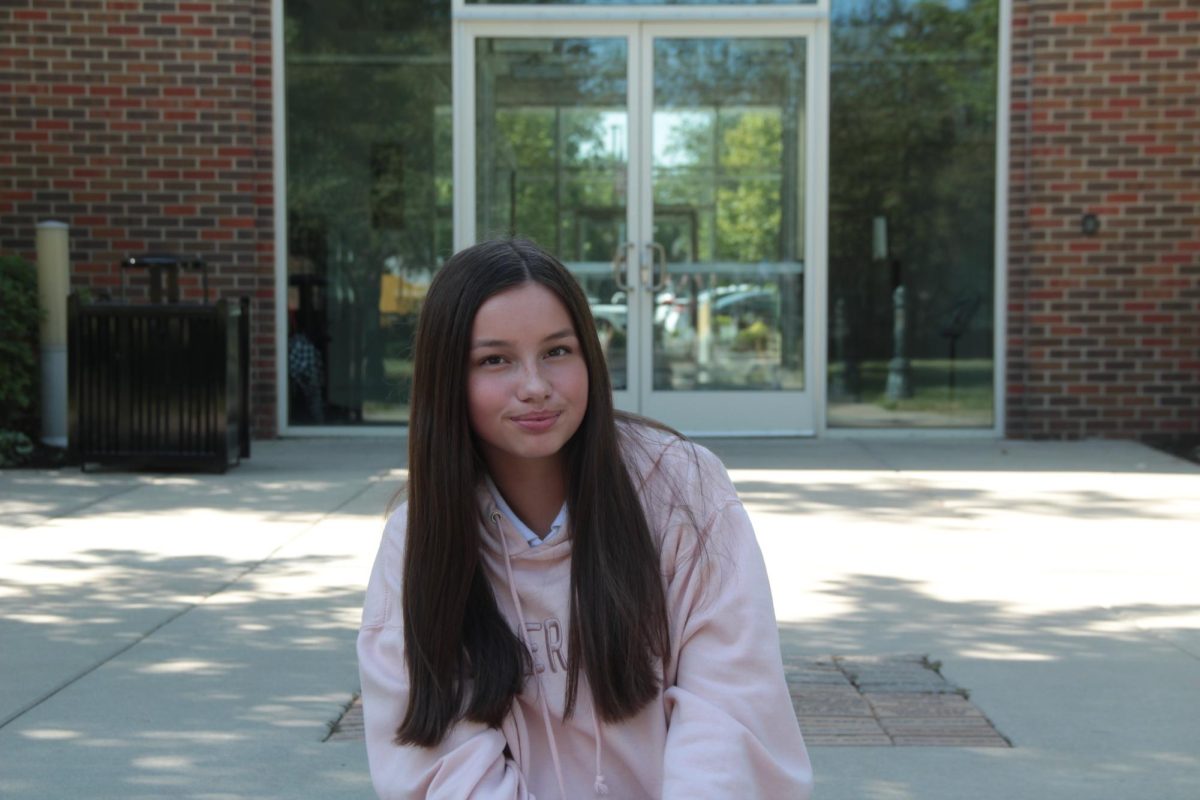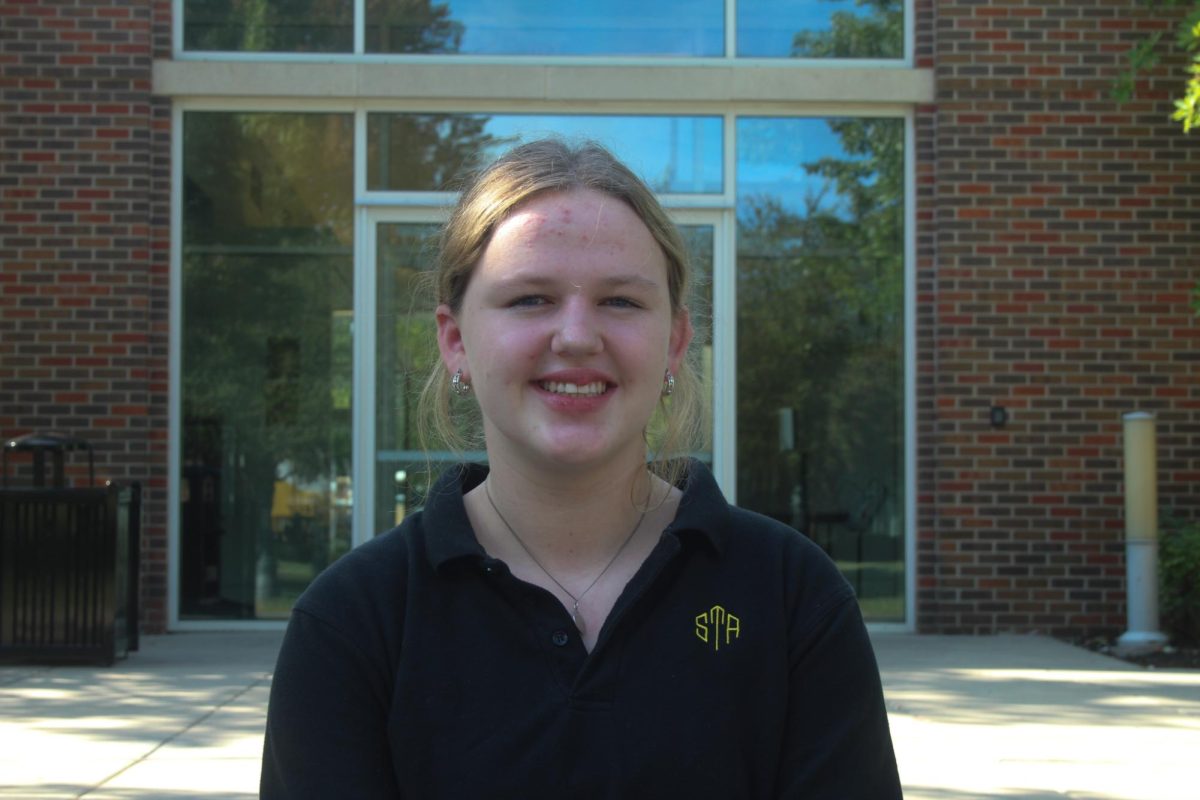One of the key things we learn in journalism class is to tell the news, without bias, for the benefit of the readers. However, the newsworthiness of a story isn’t always perfectly clear.
With a typical piece in the Dart, there’s a specific system the staff follows to get the story approved, written, edited and published. However, the process isn’t perfect, and, as tends to happen, there’s not always solid agreement on every story.
While planning Katie Hyde’s op-ed about Gay-Straight Alliances, which appears on the next page, staffers attended a series of meetings to discuss the focus of the writing and its placement in the newspaper. At each of these gatherings, some students disagreed about whether the topic should be published, where it should be published and how it should be covered. Throughout the meetings, some students never wavered; they were completely sure of what they wanted, and as a result, a concrete solution was not settled on in one meeting. However, by simply articulating people’s points on the topic, we were able to better understand where we stood as individuals and as a staff.
Something interesting about these meetings, though, was all of them were held in a calm, responsible manner. This ability to discuss issues with those with conflicting moral, political and religious views is vital. Open discussion of more “sensitive” topics, such as GSAs, should be invited at STA because even though there will not always be a consensus, dialogue is the first step to mutual understanding and respect.
The Institute for Multitrack Diplomacy, a non-profit organization which seeks to “promote a systems-based approach to peacebuilding and to facilitate the transformation of deep-rooted social conflict,” emphasizes diplomacy though practices like open discussion. They define dialogue as when people “sit and talk with each other, especially with those whom we may think we have the greatest differences.” In classes, whether it’s the discussion of election candidates in AP Government, medication for mental illness in Psychology, or the stem cell research or other lab practices in biology, having a comfortable environment for this dialogue is crucial. Knowing you will be respected is the key to opening up discussion; otherwise, people might be afraid to speak. By surrounding ourselves with people who have ideas that conflict with ours, and keeping a positive attitude toward them, we are able to grow. This is because in dialogue, people bounce ideas off of each other, each response with slightly different meanings. As discussion continues, new messages surface.
These meanings are relevant to both parties and build mutual understanding. In conversation, people do not necessarily have to concede to another’s beliefs; a person doesn’t have to “give up” their position on health care, or whatever the topic of the day, because someone else thinks differently. The point is we must try to understand other perspectives with an open mind. If we confine our conversations only to people who share the same opinions as us, we are never exposed to alternatives, limiting our outlook.
But by actively listening to different viewpoints, we can become aware of other’s assumptions, thus getting closer to common ground; this is the thinking outside the metaphorical box we’ve heard about since elementary school. The same philosophy explains why, at STA, we learn about world faiths, literature and history; reinforcing education from a variety of standpoints within other classes would benefit students in an identical way. We do not have to agree on every count, but like African National Congressman Andrew Masando said, we must “understand the differences; act on the commonalities.”
This rational, natural exchange of ideas should not be taken for granted. As a newspaper staff, the fact we can work together, despite our differences, on a topic as controversial as Gay Straight Alliances, is something that we can be proud of. The way we challenge ourselves, broadening our own respective perspectives, is something we can be proud of. Because, in the end, whether the story is run, or whatever decision you ultimately come to, will matter. But the process you consciously put yourself through, regardless of the result, is amazing in itself.



